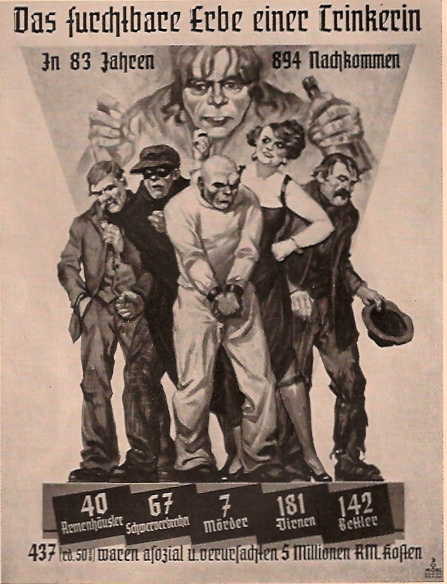

The years between 19 saw some stability.This crisis came to be known as hyperinflation, a situation when prices rise phenomenally high.The image of Germans carrying cartloads of currency notes to buy a loaf of bread was widely publicised evoking worldwide sympathy.

Germany refused to pay, and the French occupied its leading industrial area, Ruhr, to claim their coal.Political radicalisation heightened by the economic crisis of 1923. Communists and Socialists became enemies.
#Noazu notsu free#
They crushed the uprising with the help of a war veterans organisation called Free Corps. The Weimar Republic birth coincided with the revolutionary uprising of the Spartacist League on the pattern of the Bolshevik Revolution in Russia. Democracy was a young and fragile idea, which could not survive the instabilities of interwar Europe. Soldiers are placed above civilians but unfortunately, soldiers lived a miserable life. The First World War left a deep imprint on European society and polity. Socialists, Catholics and Democrats, supported the Weimar Republic and they were mockingly called the ‘November criminals’. The war of guilt and national humiliation was carried by the republic and was financially crippled by being forced to pay compensation. The entire continent was devastated by the war both psychologically and financially. The Allied armies occupied Rhineland in the 1920s. The War Guilt Clause held Germany responsible for the war and damages the Allied countries suffered. In the German Parliament, deputies were elected on the basis of equal and universal votes cast by all adults including women. At Weimar, the National Assembly met and established a democratic constitution with a federal structure. But, unfortunately, Allies, strengthened by the US entry in 1917, won, defeating Germany and the Central Powers in November 1918. All resources of Europe were drained out because of the war. In the early years of the twentieth century, Germany fought the First World War (1914-1918) alongside the Austrian empire and against the Allies (England, France and Russia.). However the Allies won the War by defeating Germany and the Central Powers in November 1918. But USA’s entry changed the course of the war. Germany made initial gains by occupying France and Belgium. All joined the war enthusiastically hoping to gain from a quick victory. Germany, a powerful empire fought the First World War (1914-1918) alongside the Austrian empire and Turkey and against the Allies (England, France and Russia.). The Nuremberg Tribunal sentenced only eleven leading Nazis to death. After the Second World War the allied powers formed an international military court (Tribunal) at Nuremberg to punish Nazi war criminals. What was international Military Tribunal?






 0 kommentar(er)
0 kommentar(er)
